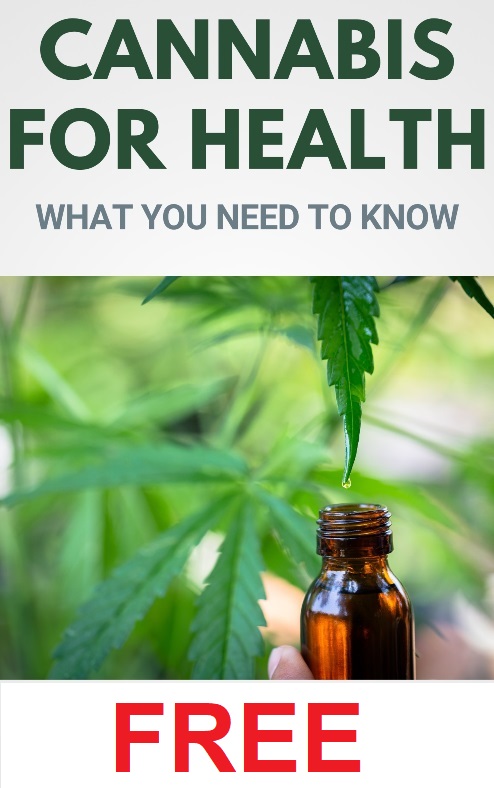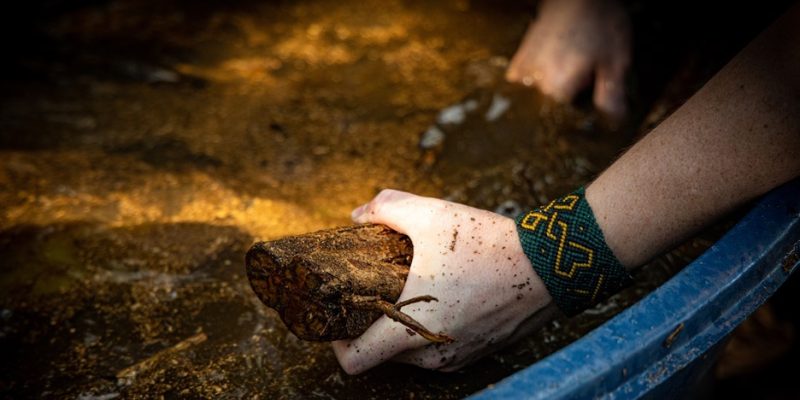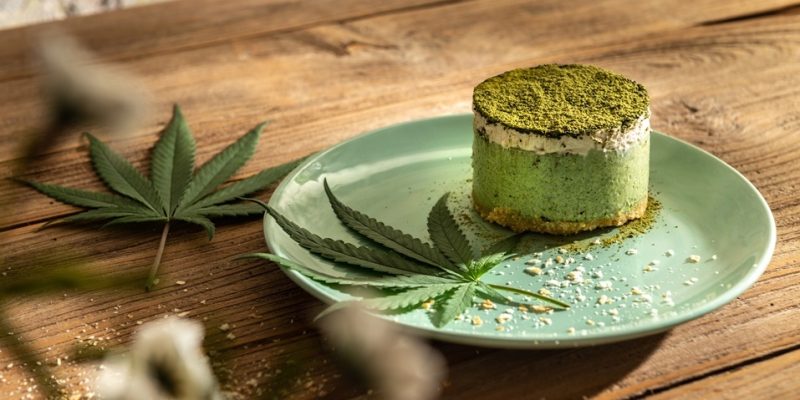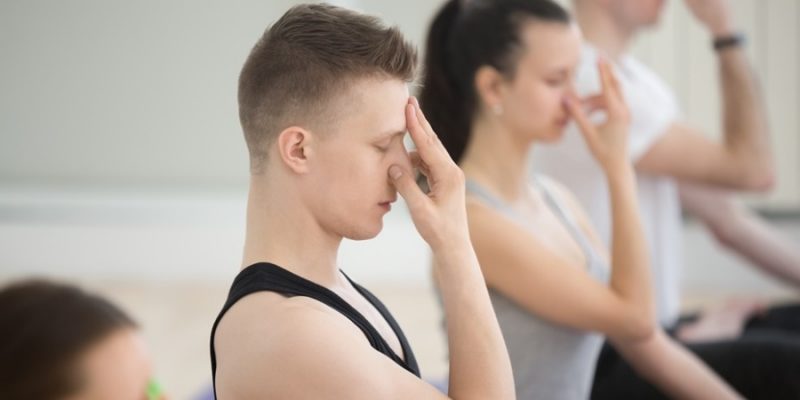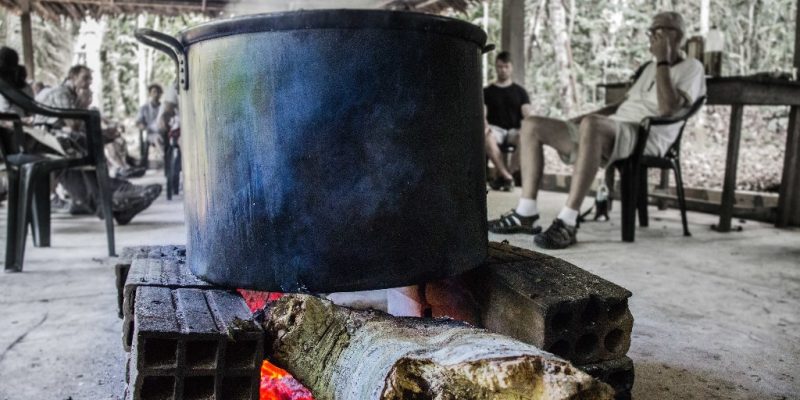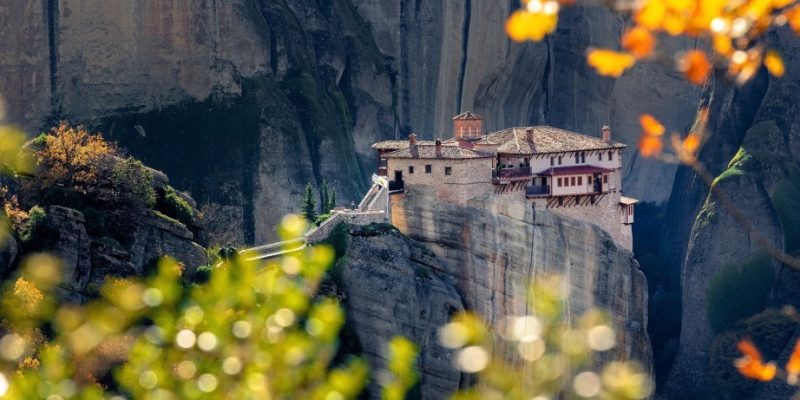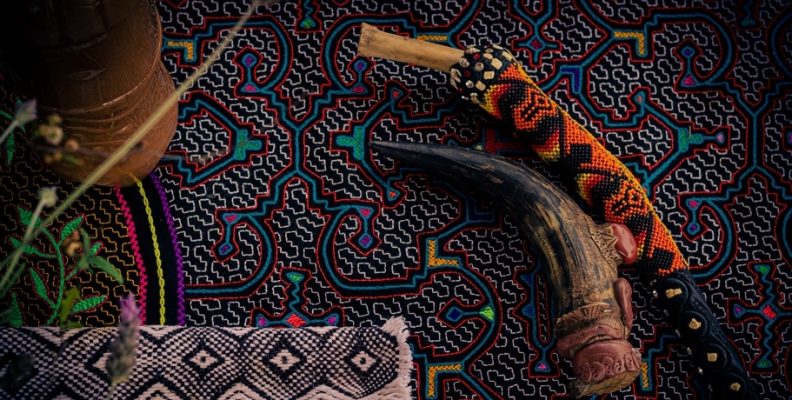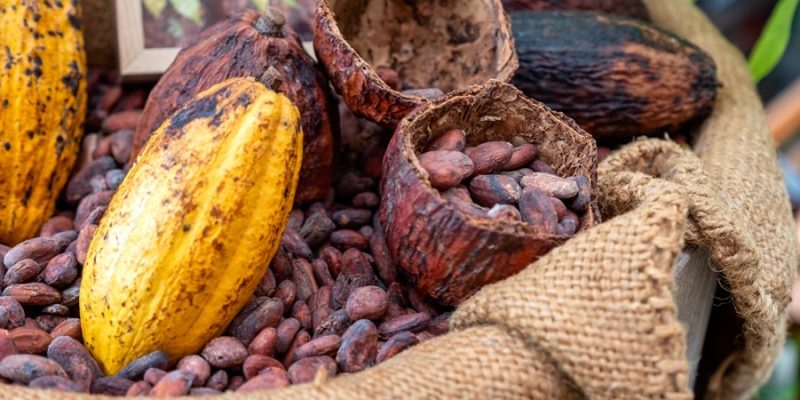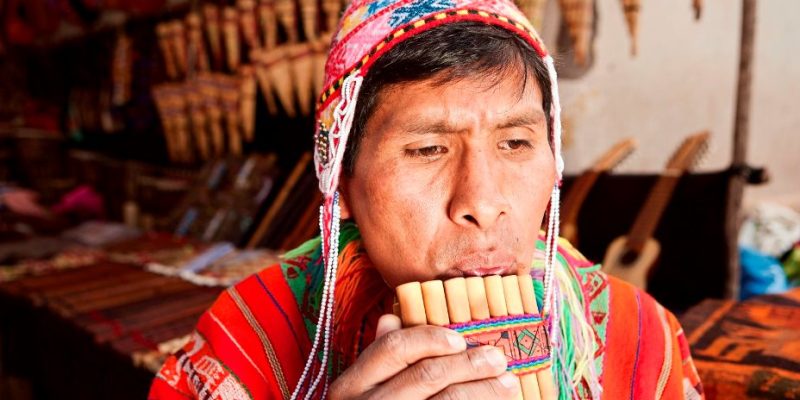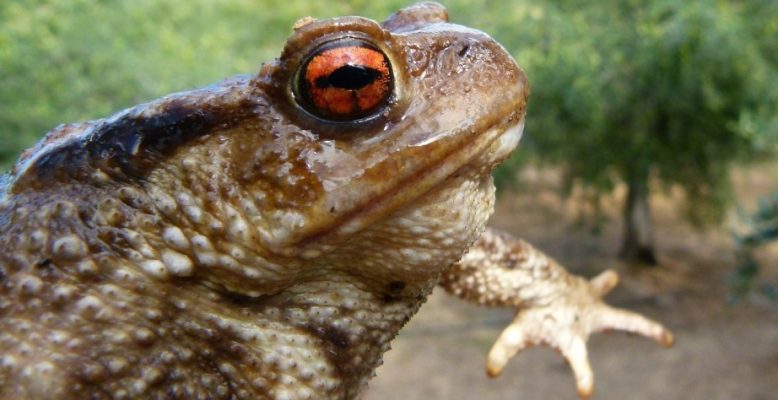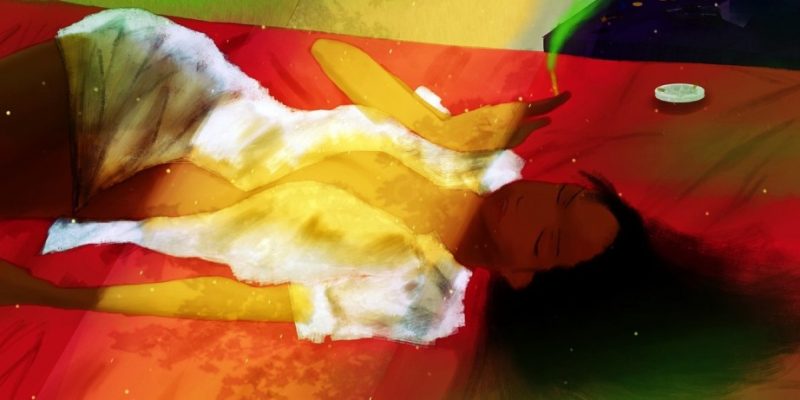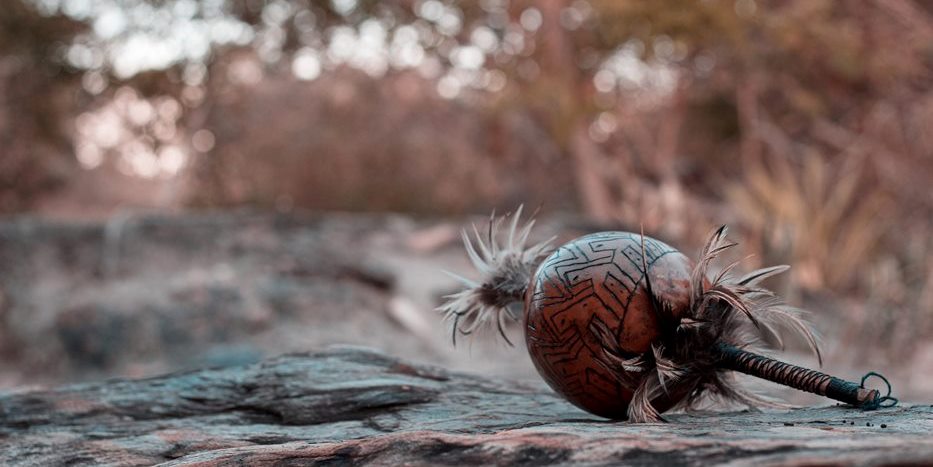
Before participating in an Ayahuasca retreat certain precautions and contraindications need to be taken into account. Perhaps the most important things to consider are the potential risks of taking Ayahuasca in view of your medical history and current physical state, your mental health, and your general emotional condition.
Some people go into an Ayahuasca retreat without any special preparation, but it’s strongly advised to prepare body and mind for an Ayahuasca ceremony to avoid risks and adverse effects, and in order to benefit optimally from the Ayahuasca brew.
It depends on the Ayahuasca ceremony facilitator or Shaman what preparations are recommended (or sometimes even obligatory), but they typically include a physical checkup, psychological preparation, setting clear intentions, following a dietary regime, and a variety of activities to refrain from before, during, and (for a while) after the Ayahuasca retreat.
Psychological Preparation
On a psychological and emotional level it’s good to first learn all you can about the Ayahuasca brew itself, and reflect deeply on your reasons for wanting to take Ayahuasca. Gaining more awareness and clarity about yourself, what you want to learn, your current issues, and your motives, will help you to benefit more profoundly from the Ayahuasca experience.
One should also prepare mentally for deep personal experiences, trauma resurfacing, ego issues, and inner struggles around fear, control, and trust. These may happen — in a greater or lesser degree — but it’s good to be aware beforehand that these phenomena may occur and are normal effects when taking Ayahuasca.
Physical Preparation
Generally, one undergoes a physical health assessment, and additionally a so-called Dieta, the latter involving a dietary regime and certain activities one needs to abstain from.
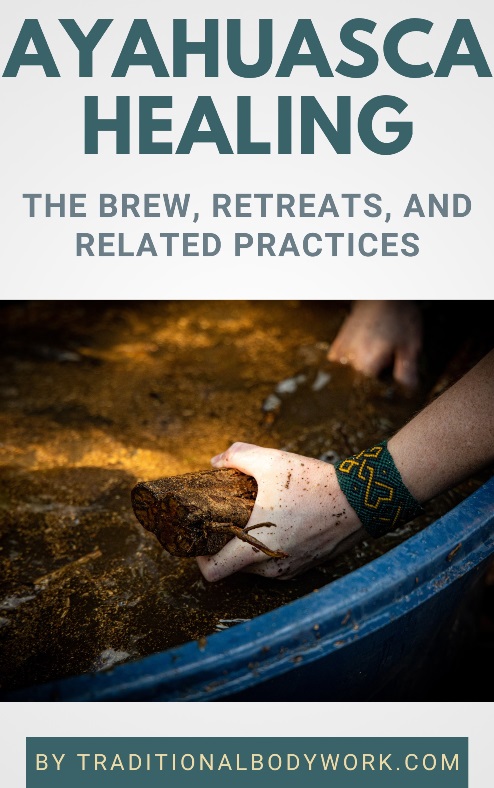
Ayahuasca can act adversely when taken by persons with specific health conditions or who take certain medication (pharmaceuticals). For instance, it’s not advised to take Ayahuasca for people who suffer from cardiovascular conditions, psychosis, schizophrenia, borderline personality, glaucoma, tuberculosis, or epilepsy, who are pregnant, take antidepressants, have had a recent surgery, or who are on other chronic medication therapies.
Then there’s the dietary regime (the Dieta) one should adhere to before joining the retreat. The idea here is to detoxify and strengthen oneself, that is, purify body and mind to avoid adverse effects of taking Ayahuasca at one side and to better profit from its beneficial properties on the other side.
The dietary preparation may start a week before the retreat, or two weeks, or even for a longer preliminary period depending on the practice of the retreat facilitator. The regime with respect to foods and drinks usually includes abstaining from alcohol, salt, red meat, fats, sugar, coffee, spicy foods, drugs, and sometimes even from all processed foods. Additionally, it’s often required to abstain from sexual activity, including masturbation, with an aim of having an optimal energetic state.
Other Retreat Preparations
Ayahuasca retreats are often held at remote places where it’s not easy to get certain commodities. Moreover, you will commonly stay at the retreat for a longer period, so you should think about what personal items you’ll need during your stay.
It all depends on the duration and location of the retreat, the season, and climate, but think of personal toiletries, a flashlight, enough clothing, a bathing suit, mosquito repellent, towels, sleeping bag, rain jacket, hiking shoes, sandals, sunscreen, a hat or cap, writing material, books to read, extra batteries, and so on.
In any case, it’s common that the Ayahuasca retreat facilitator will have a recommended (packing) list available on their websites with all you need to think about to bring with you.




